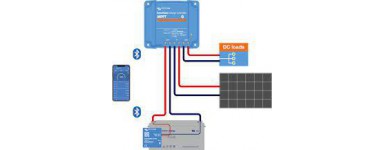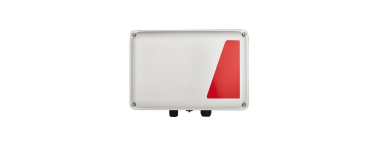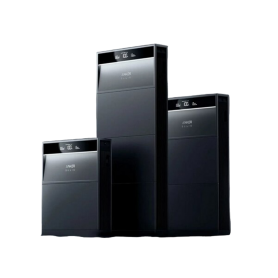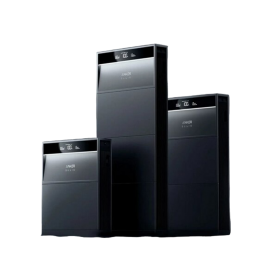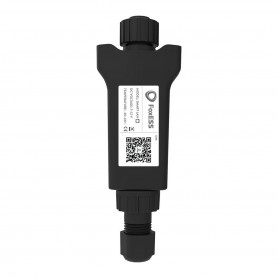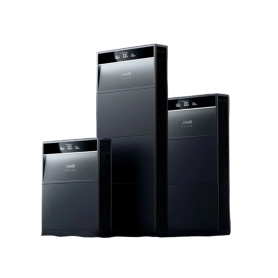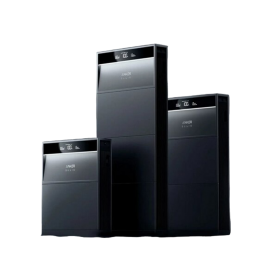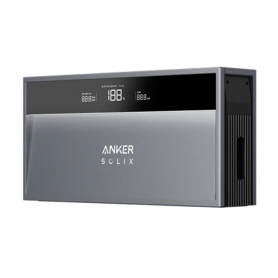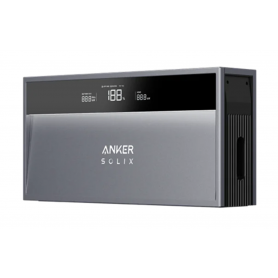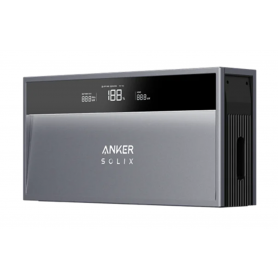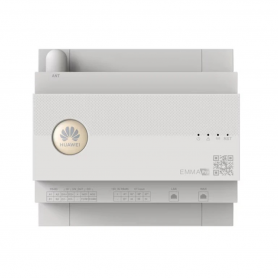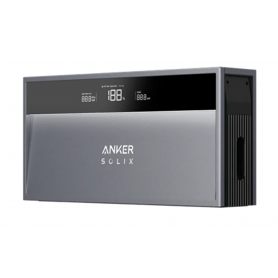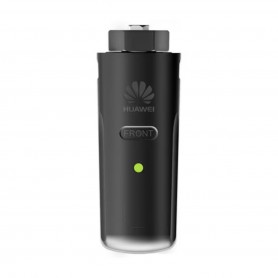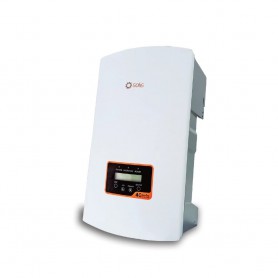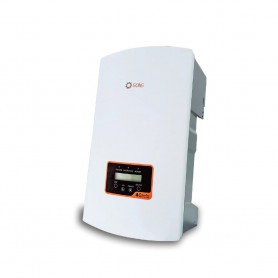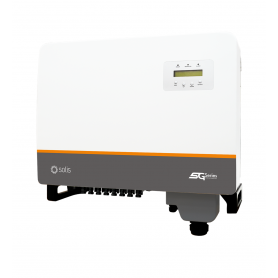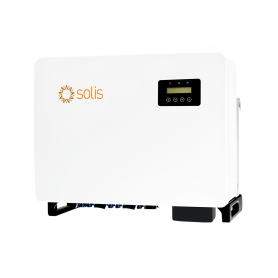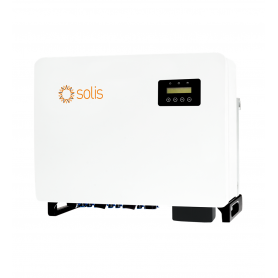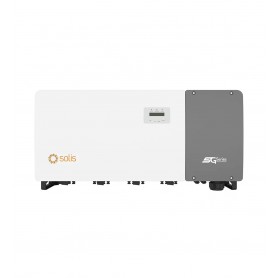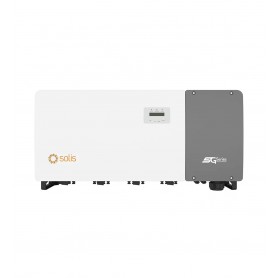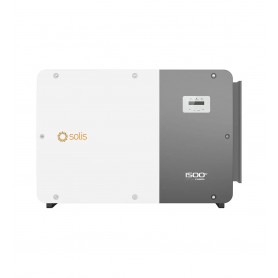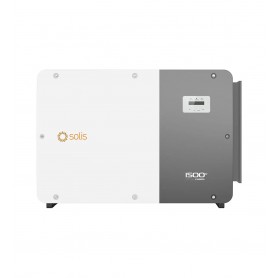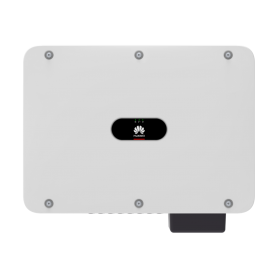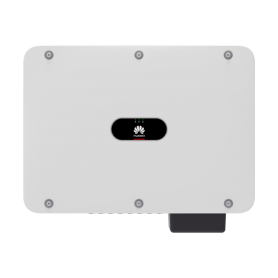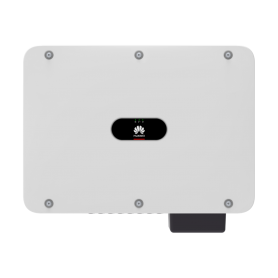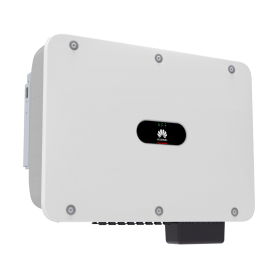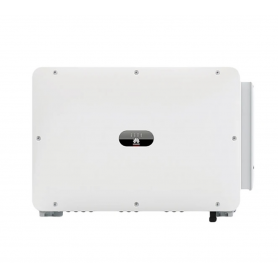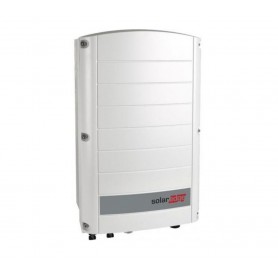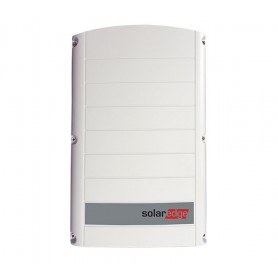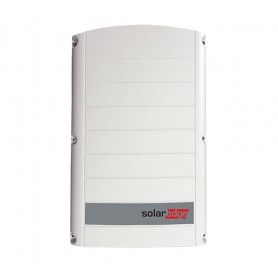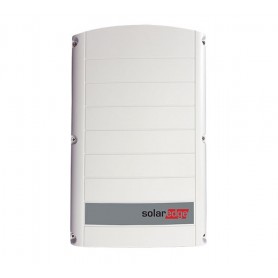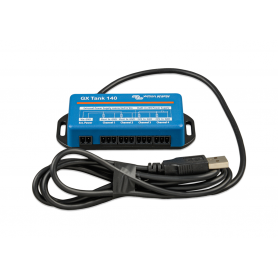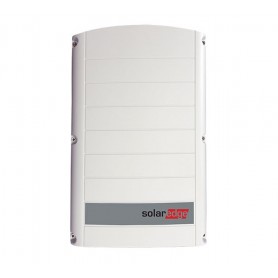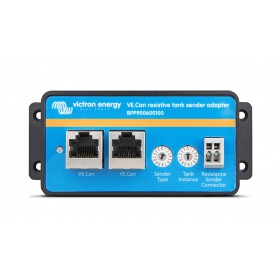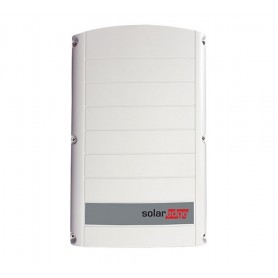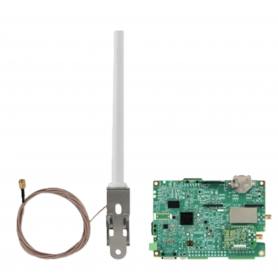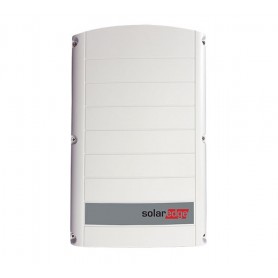
A solar inverter is a device that converts the direct current (DC) generated by solar panels into alternating current (AC) used by electrical appliances in households. Solar inverters are essential for any solar energy system, as they convert the power from the solar panels into a form that can be used by electrical appliances.
There are two main types of solar inverters: grid-tie inverters and off-grid inverters. Grid-tie inverters are connected to the grid and feed the power generated by the solar panels back into the grid. Off-grid inverters are not connected to the grid and feed the power generated by the solar panels on batteries.
Grid-tie inverters are the most common type of solar inverters. They are easy to install and maintain, and they are relatively affordable. Off-grid inverters are more expensive than grid-tie inverters, but they offer the advantage that they also work when the power grid fails.
The choice of a solar inverter depends on a number of factors, including the size of the solar power system, the location of the system, and the need for backup power. If you're considering a solar system, it's important to talk to a qualified installer to choose the best inverter for your needs.
Here are some of the most important factors to consider when choosing a solar inverter:
- Size of the solar power system: The size of the solar energy system determines the size of the inverter you need. A smaller solar power system needs a smaller inverter than a larger solar power system.
- Location of the solar power system: The location of the solar power system can also affect the type of inverter you need. If your solar system is located in an area with a lot of shade, you may need an inverter with a higher efficiency.
- Need for backup power: If you need backup power, you need an inverter designed to work with a battery.
If you're considering a solar system, it's important to talk to a qualified installer to choose the best inverter for your needs.
 United States.
United States.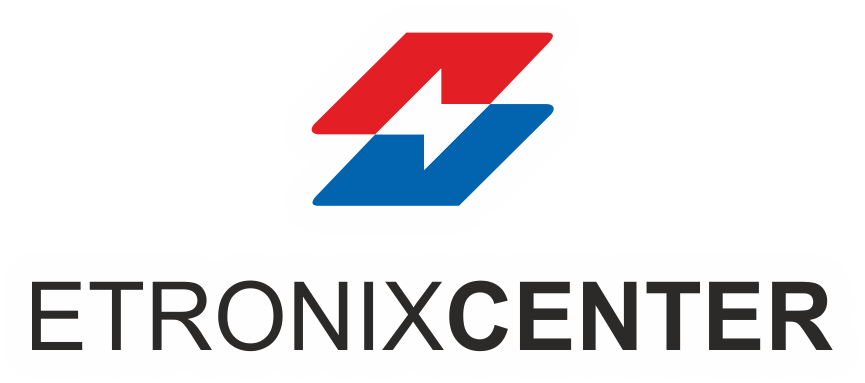
 en
en  de
de  es
es  fr
fr  it
it  nl
nl  ro
ro 



























